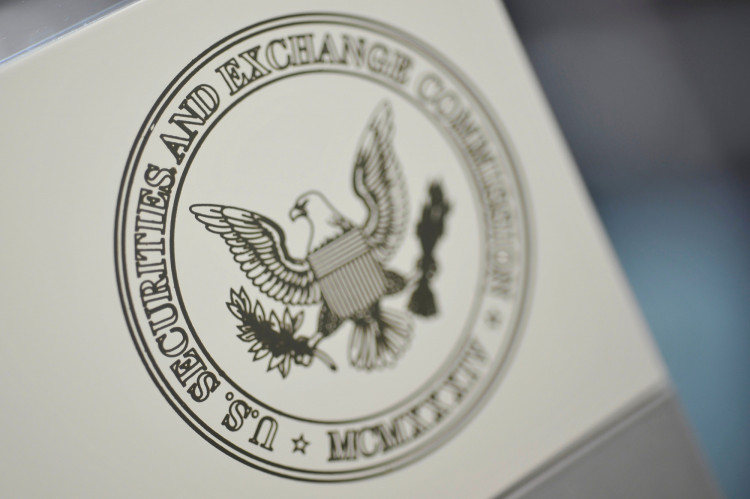Policymakers in the United States are finally taking an interest in the future and economic implications of cryptocurrencies.
After the catastrophic collapse of the crypto exchange FTX in November, lawmakers in the United States are also under pressure to establish a new regulatory framework for cryptocurrencies, setting the stage for upcoming scrutiny in the crypto market in 2023.
Following the first agenda consultation with investors in five years, the Financial Accounting Standards Board reviewed new accounting and disclosure requirements for firms holding crypto assets in financial statements on December 14. The proposed rules will be issued in the first half of 2023.
A few days prior, the Securities and Exchange Commission sent a sample letter to companies asking them to consider including information about recent developments in the cryptocurrency markets in their filings. This includes their business descriptions, risk factors, and management's discussion and analysis.
According to reports, the Internal Revenue Service is also focusing more on cryptocurrency and has hired hundreds of new agents for its Criminal Investigation section to work on digital assets and cybercrime. The IRS is looking to collaborate with cryptocurrency companies in addition to its own data scientists in an effort to forge a "symbiotic relationship" to combat financial fraud.
According to legal experts, the changes would be felt by many stakeholders in the crypto and financial services industries.
"It should have a multi-pronged and ultimately profound macro and micro impact on financial markets generally and the crypto industry specifically," Mark Kornfeld, securities and financial fraud shareholder at the law firm Buchanan Ingersol and Rooney, told Cointelegraph.
"First, the Commission, much like it did after the Madoff Ponzi scheme was disclosed to the world at large, will be aggressively monitoring and doing full-blown regulatory examinations of in time thousands (if not more) conducting business in and around this space," he explained.
"All in the market should reasonably anticipate and fully expect a sizable uptick in regulatory enforcement proceedings by the Commission, and, continued legal challenges to, the Commission's jurisdictional authority."
Nevertheless, there are some who think the long-term results will be favorable.
"The net result should prove to be a more regulated and transparent climate, increased market stability, and much-improved investor and consumer protection in a space that has until recently operated in an environment fairly characterized as relatively secretive and opaque," Kornfeld emphasized.





